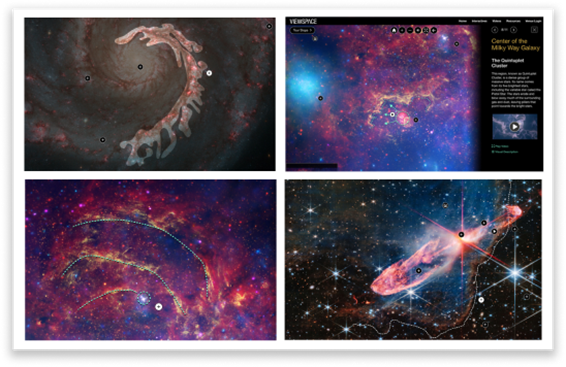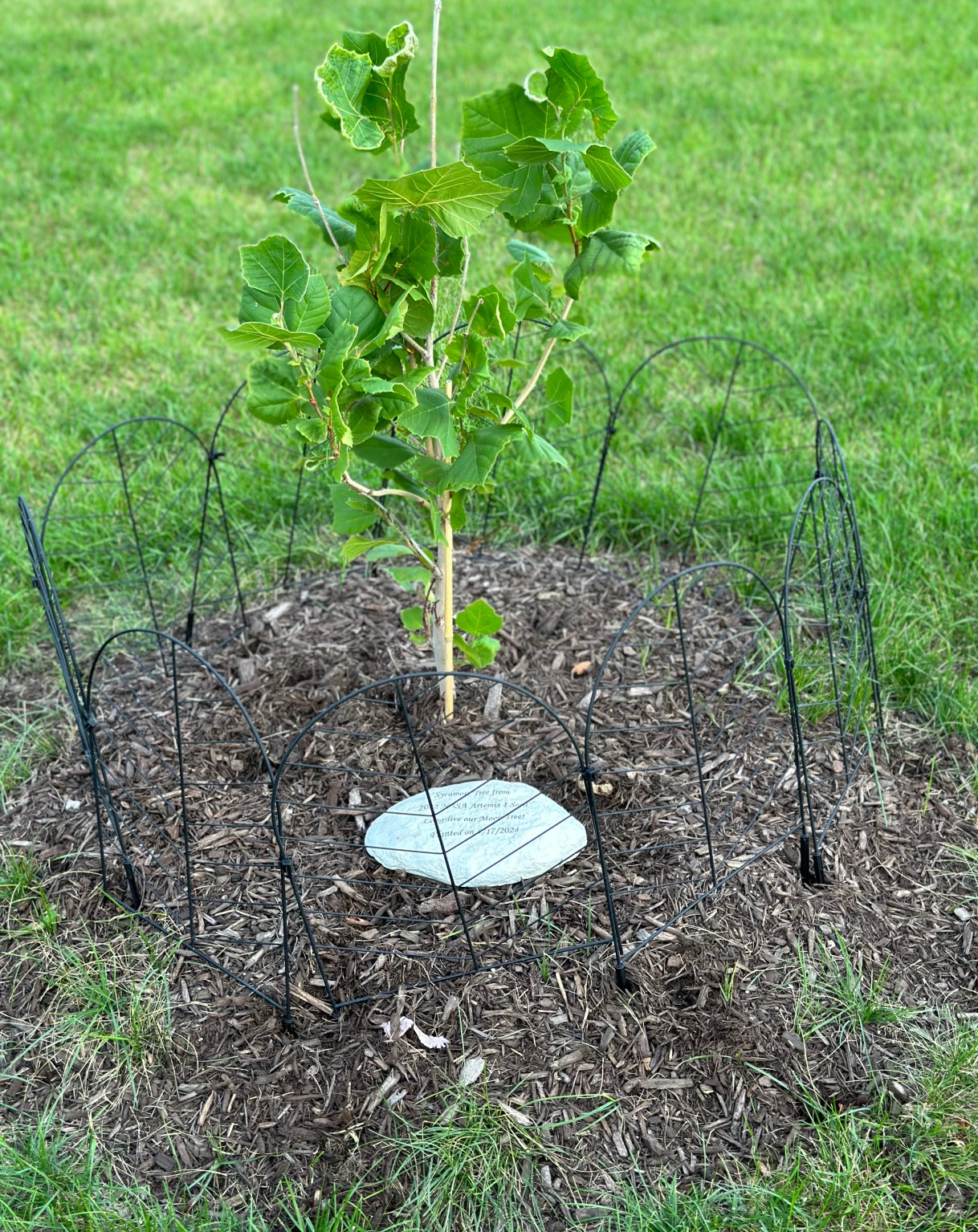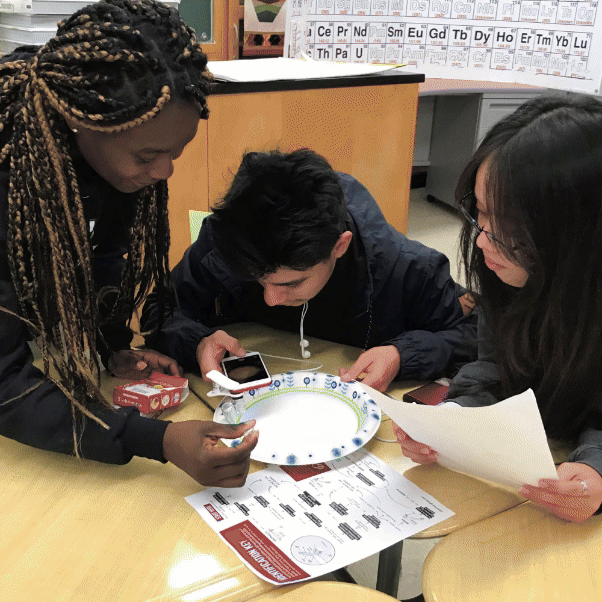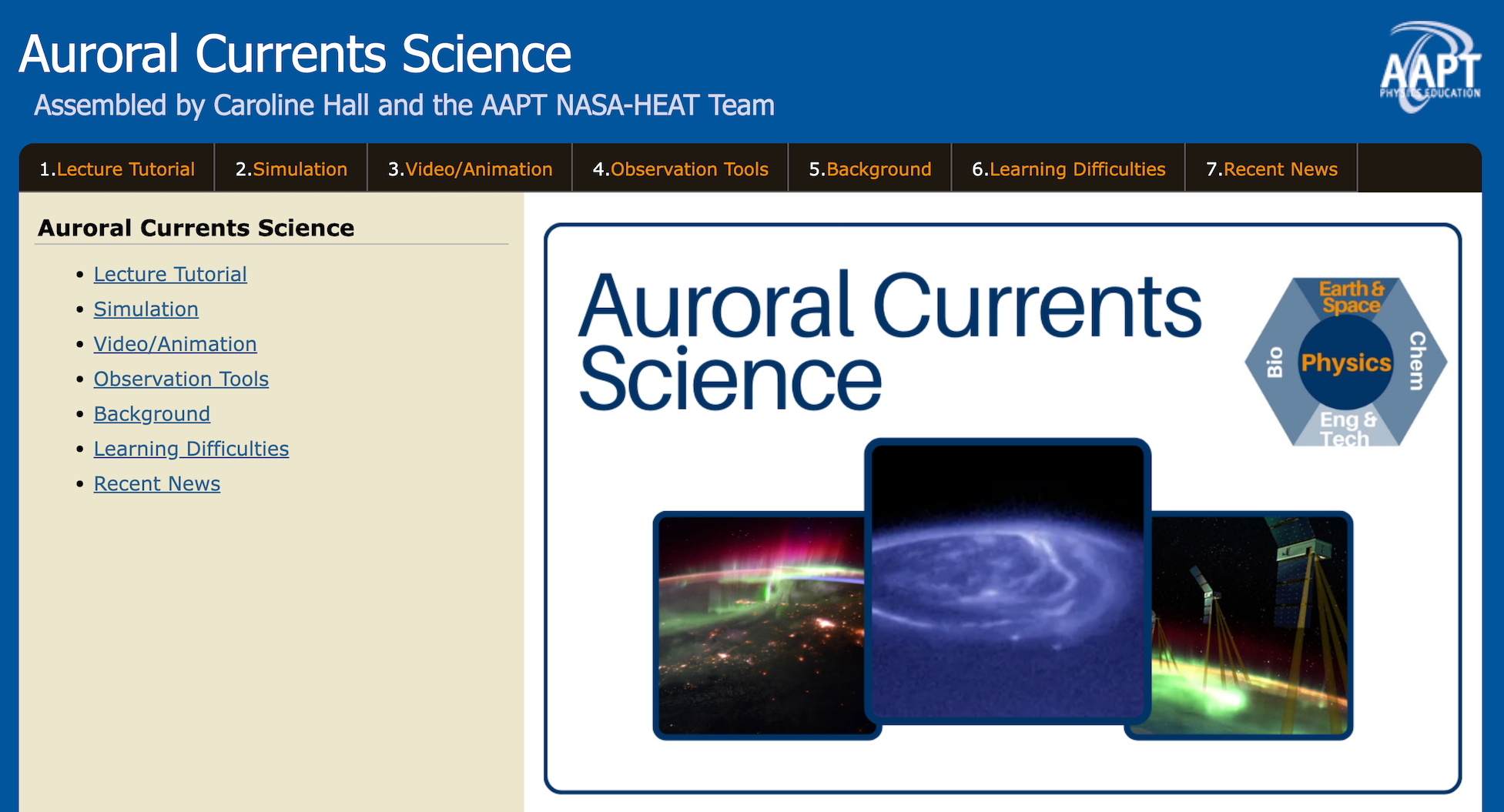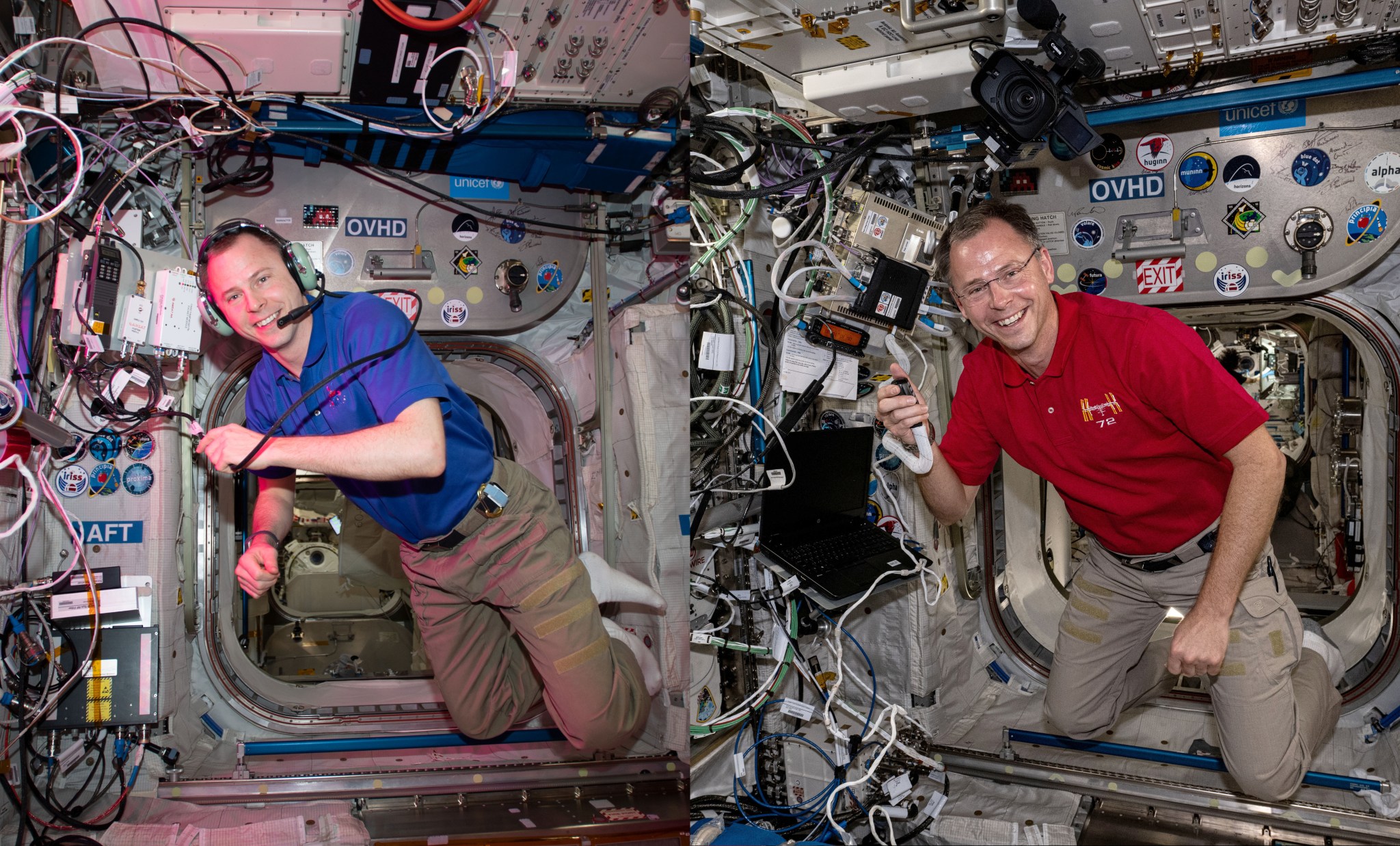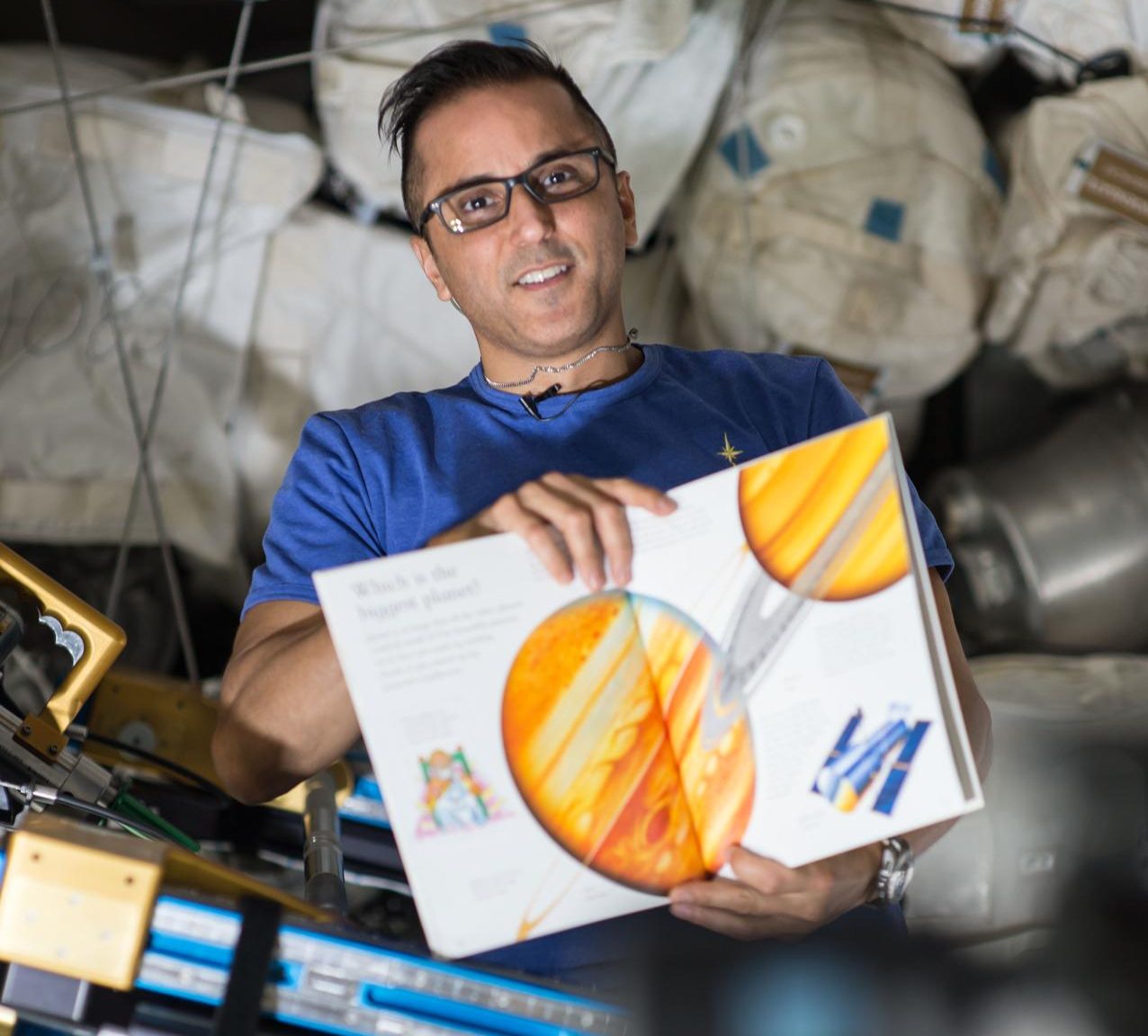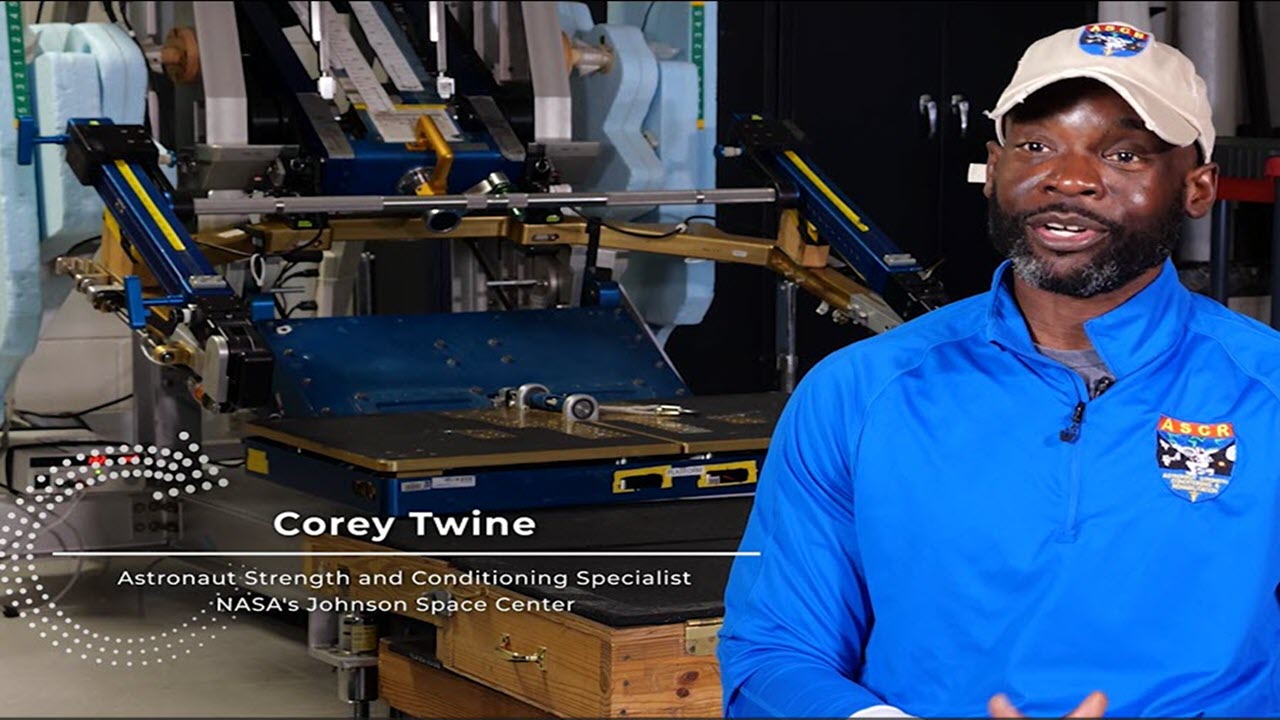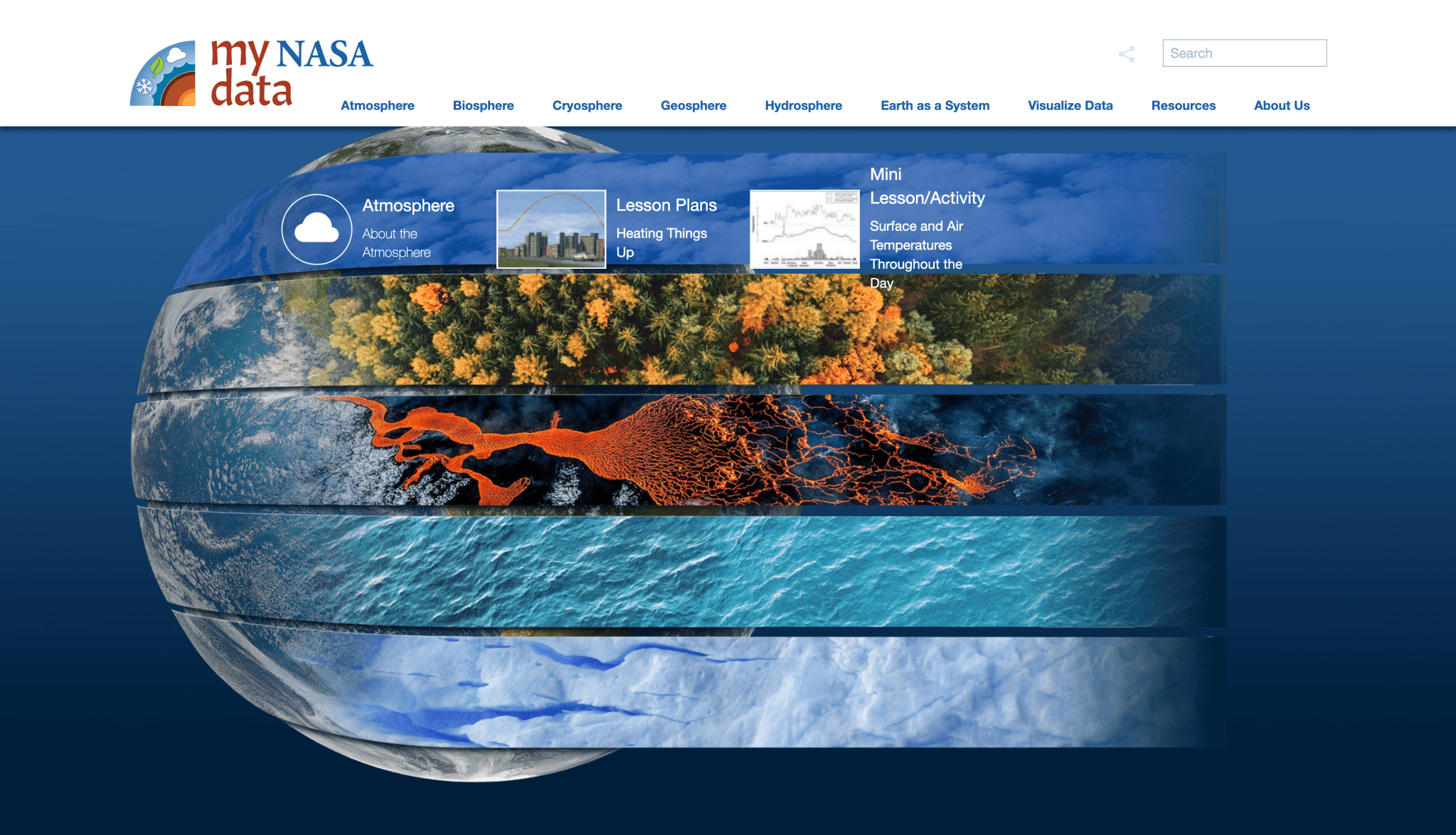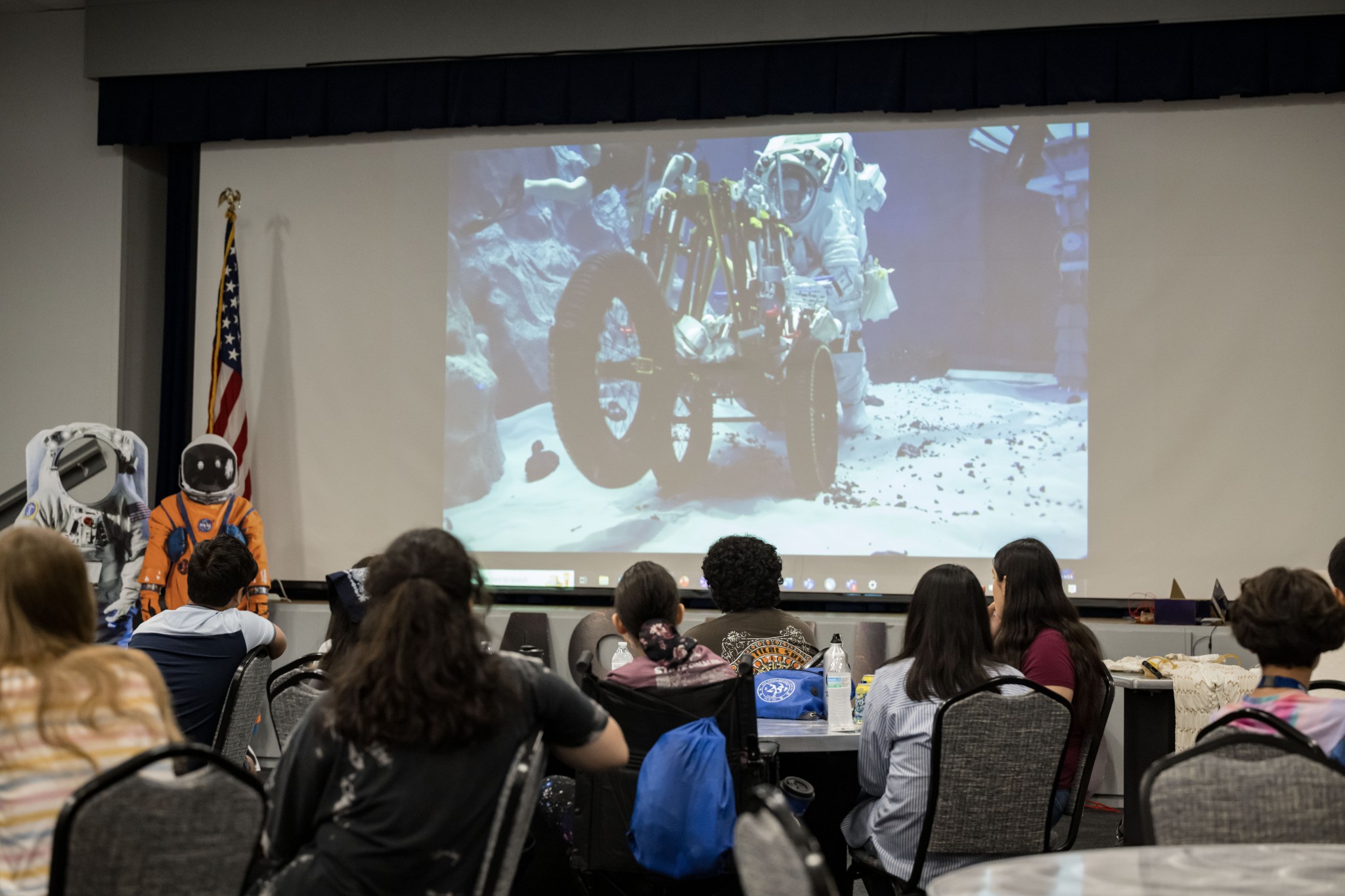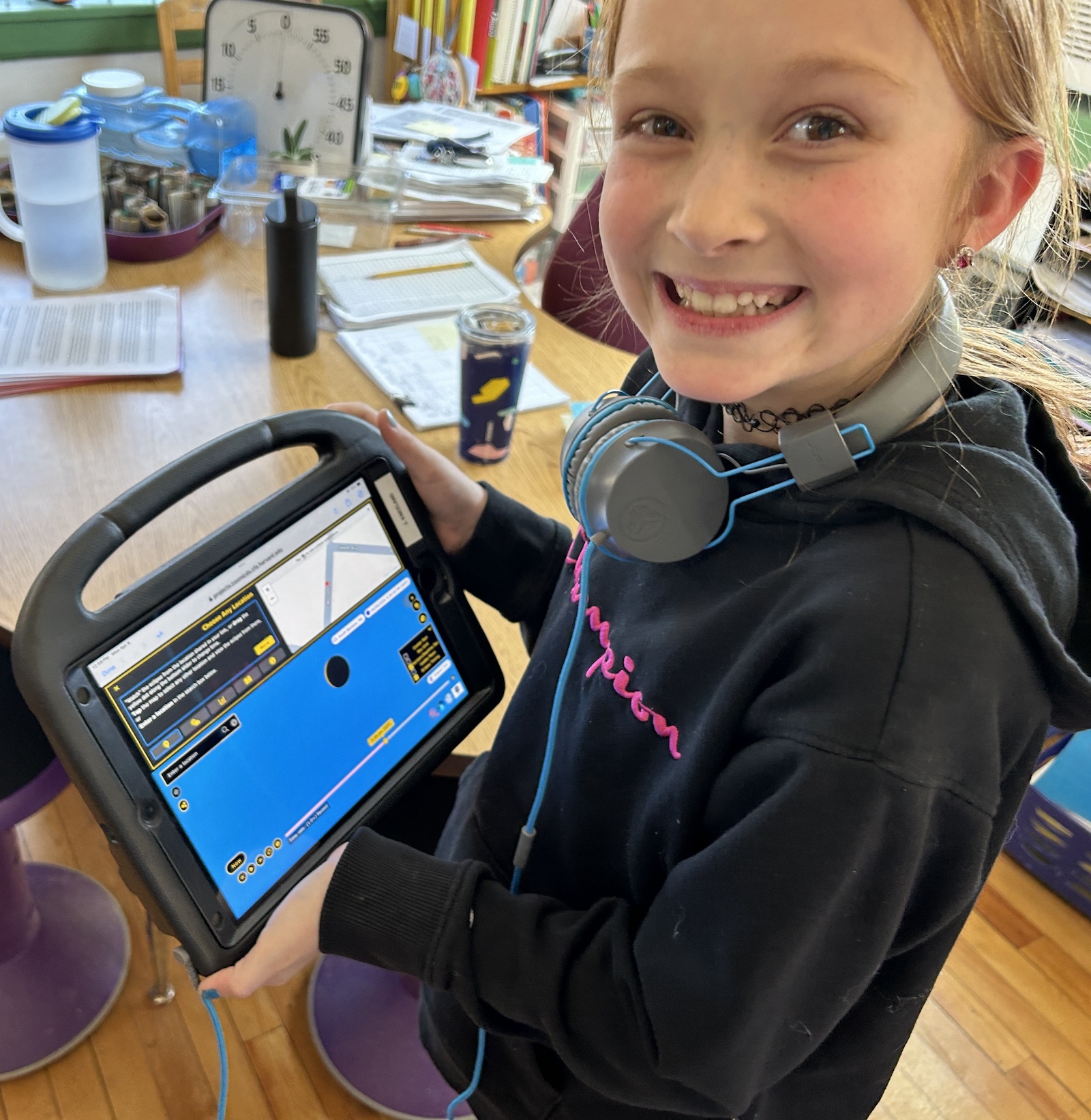Explore This Section Science Science Activation Take a Tour of the Cosmos with… Overview Learning Resources Science Activation Teams SME Map Opportunities More Science Activation Stories Citizen Science 4 min read Take a Tour of the Cosmos with New Interactives from NASA’s Universe of Learning Ready for a tour of the cosmos? NASA’s Universe of Learning has released a new, dynamic way for lifelong learners to explore NASA’s breathtaking images of the universe—ViewSpace interactive Image Tours. ViewSpace has an established track record of providing museums, science centers, libraries, and…
Read MoreTag: For Educators
They Grow So Fast: Moon Tree Progress Since NASA’s Artemis I Mission
3 Min Read They Grow So Fast: Moon Tree Progress Since NASA’s Artemis I Mission In the two years since NASA’s Orion spacecraft returned to Earth with more than 2,000 tree seedlings sourced in a partnership with USDA Forest Service, Artemis I Moon trees have taken root at 236 locations across the contiguous United States. Organizations are cultivating more than just trees, as they nurture community connections, spark curiosity about space, and foster a deeper understanding of NASA’s missions. Universities, federal agencies, museums, and other organizations who were selected to…
Read MoreNASA Knows – How Can I Get Involved With NASA Research?
5 min read Preparations for Next Moonwalk Simulations Underway (and Underwater) NASA provides a variety of pathways for those outside the agency to contribute to authentic and meaningful research. Whether you’re a student pursuing a degree in STEM (science, technology, engineering, or mathematics), an educator looking for new ways to engage your classroom, or a citizen scientist enthusiastic about sharing your observations, there’s a wide array of opportunities to get involved in NASA research. Citizen scientists around the world participate in environmental observation and measurement efforts through GLOBE. NASA Everybody…
Read MoreBundling the Best of Heliophysics Education: DigiKits for Physics and Astronomy Teachers
Learn Home Bundling the Best of… For Educators Overview Learning Resources Science Activation Teams SME Map Opportunities More Science Activation Stories Citizen Science 3 min read Bundling the Best of Heliophysics Education: DigiKits for Physics and Astronomy Teachers For nearly a decade, the American Association of Physics Teachers (AAPT) has been working to bring together resources through its DigiKits–multimedia collections of vetted high-quality resources for teachers and their students. These resources are toolkits, allowing teachers to pick and choose interesting content to support their instruction. As a partner with…
Read MoreHello Earth? Space Calling
NASA astronaut Nick Hague with the International Space Station’s amateur or ham radio equipment during his current mission (right) and a previous flight five years ago (left) NASA How it started versus how it’s going for astronaut Nick Hague with ISS Ham Radio on the space station. Since November 2000, crew members like Hague have used ham radio to communicate with people on Earth through this educational program, also known as Amateur Radio on the International Space Station or ARISS. So far, there have been more than 1,700 events, directly…
Read MoreRead With NASA: Books, More to Inspire Young Explorers
Flight Engineer Joe Acaba holds a children’s book that he is reading from as part of the Story Time From Space program. Astronauts read aloud from a STEM-related children’s book while being videotaped and demonstrate simple science concepts and experiments aboard the International Space Station. Stories open up new worlds and spark curiosity in readers of all ages – and NASA is using the power of storytelling to encourage the Artemis Generation to explore STEM (science, technology, engineering, and mathematics). Through the below list of reading resources – books, comics,…
Read MoreHow Do Astronauts Get in Shape? – New “Ask SME” from NASA eClips
Learn Home How Do Astronauts Get in… Astronauts Overview Learning Resources Science Activation Teams SME Map Opportunities More Science Activation Stories Citizen Science 2 min read How Do Astronauts Get in Shape? – New “Ask SME” from NASA eClips The NASA Science Activation program’s NASA eClips project, led by the National Institute of Aerospace (NIA), aims to increase Science, Technology, Engineering, & Mathematics (STEM) literacy and inspire the next generation of engineers and scientists by providing effective web-based, standards-aligned, in-school and out-of-school learning and teaching resources through the lens…
Read MoreGoing Back-to-School with NASA Data
4 min read Preparations for Next Moonwalk Simulations Underway (and Underwater) As students head back to school, teachers have a new tool that brings NASA satellite data down to their earthly classrooms. The My NASA Data homepage categorizes content by areas of study called spheres and also Earth as a system. NASA/mynasadata.larc.nasa.gov For over 50 years of observing Earth, NASA’s satellites have collected petabytes of global science data (that’s millions and millions of gigabytes) – with terabytes more coming in by the day. Since 2004, the My NASA Data website has…
Read MoreBring NASA Into Your Classroom This Fall Through Virtual Experiences
5 min read Preparations for Next Moonwalk Simulations Underway (and Underwater) Texas High School Aerospace Scholars get a virtual view of an extravehicular activity (EVA) suit in testing at NASA’s Johnson Space Center in Houston. Photo credit: NASA/Helen Arase Vargas Explore the universe this fall without leaving your classroom through live virtual engagements with NASA space and aviation experts. NASA is offering a new lineup of stellar virtual experiences to spark STEM excitement and connect students with the agency’s missions, science, careers, and more. The virtual engagements, managed by NASA’s…
Read MoreSolar Eclipse Data Story Helps the Public Visualize the April 2024 Total Eclipse
Learn Home Solar Eclipse Data Story Helps… For Educators Overview Learning Resources Science Activation Teams SME Map Opportunities More Science Stories Science Activation Highlights Citizen Science 2 min read Solar Eclipse Data Story Helps the Public Visualize the April 2024 Total Eclipse The NASA Science Activation program’s Cosmic Data Stories team, led by Harvard University in Cambridge, MA, released a new Data Story for the April 8, 2024 Total Solar Eclipse. A Data Story is an interactive, digital showcase of new science imagery, including ideas for exploration and scientific…
Read More